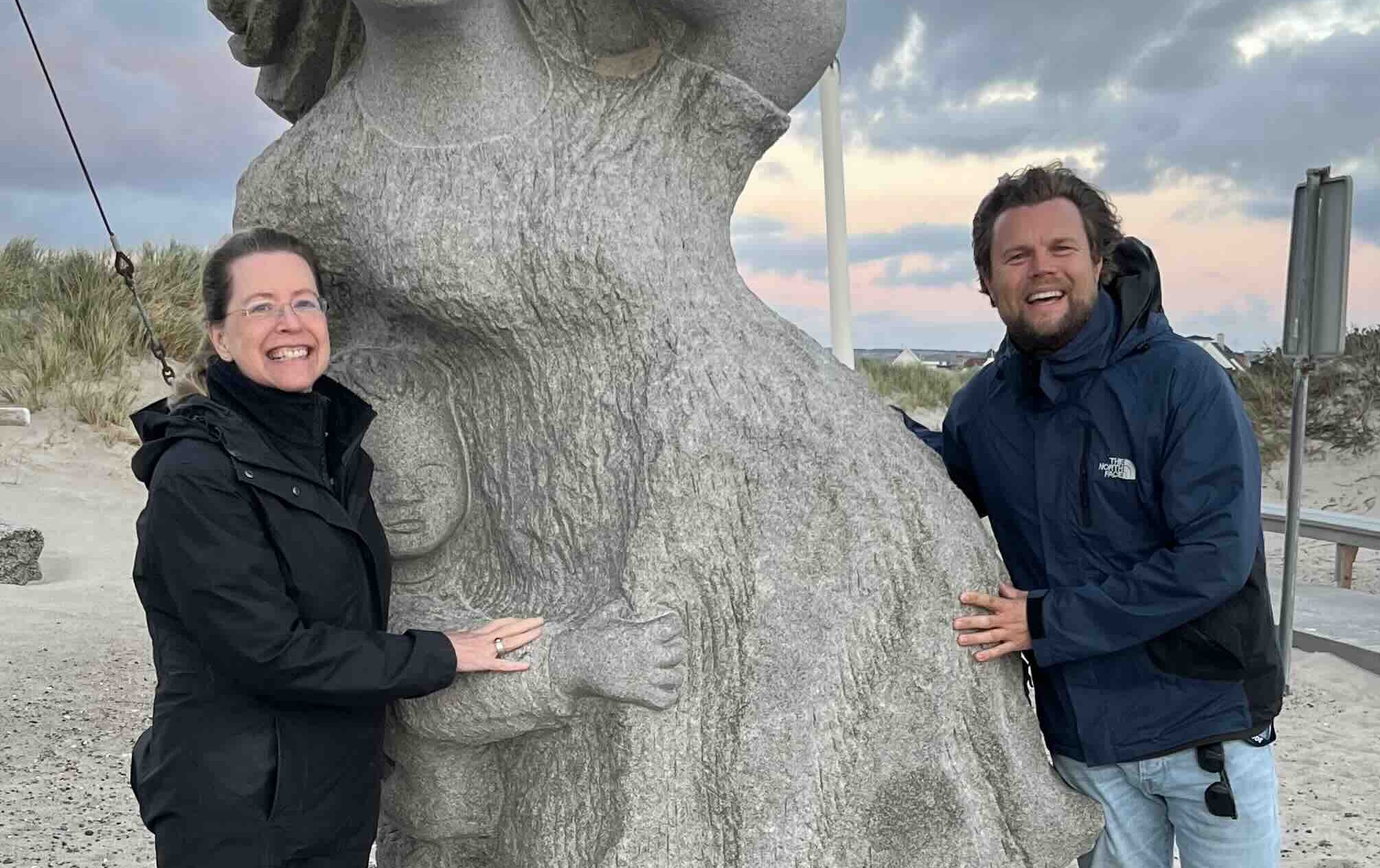ReDD Workshop Information
Thank you for your interest in the Reduce Digital Distraction workshop! The workshop is an evidence-based and effective way to take back control over your digital device use.
If you are curious about the research behind it, have a look at the research section of our website.
On this page, you can read about what happens in the workshop. You can also learn about how safely to opt-in to contribute to world-leading academic research with anonymised workshop data.
Creators

Maureen Freed
Psychotherapist &
mental health consultant
Former Deputy Head of Counselling at the University of Oxford
Dr Ulrik Lyngs
Computer scientist &
cognitive psychologist
Research Fellow at the University of Oxford
Contact details
If you have any questions or would like to discuss the workshop further, please contact:
Dr Ulrik Lyngs
Co-founder of the Reduce Digital Distraction Project
Email: ulrik@redd-project.org / ulrik.lyngs@linacre.ox.ac.uk
Tel.: +45 31 62 05 51